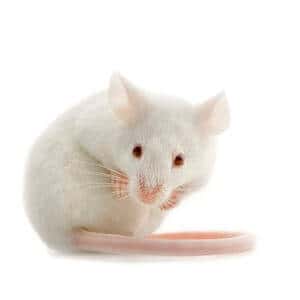
Sleep is crucial for healthy brain function. Scientists reached that conclusion from a four-year study of mice. Their research delved deep into the physiology of neuronal connections.
What Did the Study Find?
The scientists scanned nearly 7,000 synapses in two distinct areas of mouse brains. Some of the mice were allowed normal sleep cycles, while others were sleep-deprived. The scientists who analyzed the 3-D electron microscopic images did not know which mice got restful sleep and which were kept awake.
By the end of the experiment, the scientists concluded that sleep led to synaptic shrinkage of about 18 percent. The scientists determined that nerve cells grow and expand during wakefulness. When animals sleep, the synapses become smaller. Weak connections are especially prone to this naptime shrinkage. This cycling effect appears to encourage normal neuronal growth and recalibration and enhance learning. This huge undertaking reinforces why sleep is so important for optimal brain function.
You might be more interested in learning how you can get the shut-eye you need. We offer our newly revised online resource, Getting a Good Night’s Sleep, with information on the pros and cons of sleeping pills as well as natural approaches to falling asleep. When you purchase this new Guide, you will be sent a personalized link in your email that will allow you to consult the Guide as often as you wish. No pdf will be sent.

